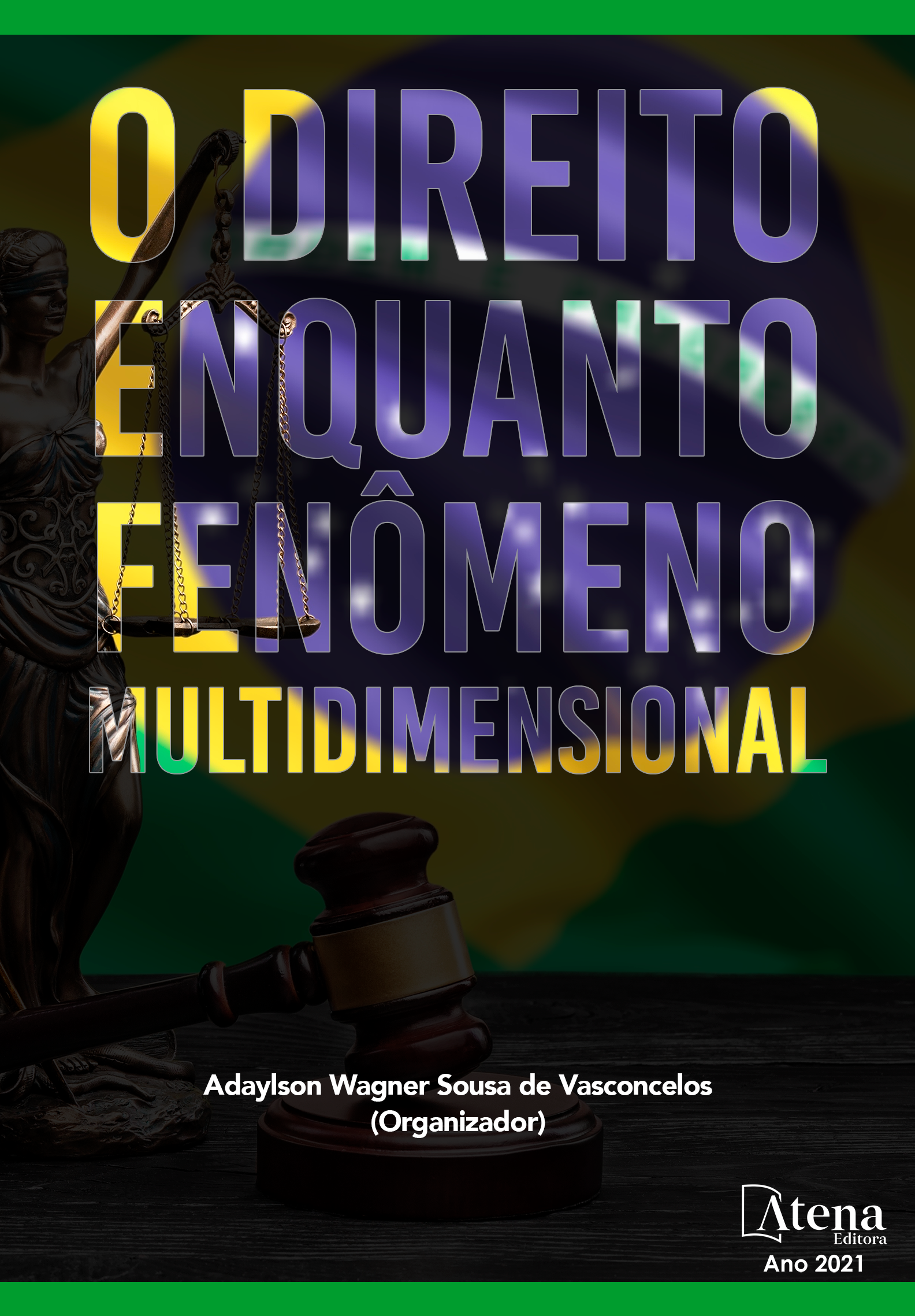
RESERVA DE VAGAS PARA NEGROS EM CONCURSO PARA PROFESSOR DO MAGISTÉRIO SUPERIOR
O texto apresenta as formas utilizadas pelas Instituições Federais de Ensino Superior, para cumprir o disposto na lei 12.990/2014, quanto à reserva aos negros de 20% das vagas nos concursos públicos para professor do magistério superior. A questão da reserva de vagas para negros precisa ser avaliada, com padronização de critérios nos concursos que disponibilizam, na maioria dos casos, somente uma vaga para cada área do conhecimento, portanto, a partir da análise dos editais publicados e das formas de cumprimento da reserva de vagas, pretende-se fomentar o debate acerca das possibilidades de padronização. Ao enfrentar o desafio da reserva de vagas por edital global e concluir que deve ser adotado por todas as instituições de ensino, apesar do número reduzido de instituições que adotam esse entendimento, em torno de 10%, evidencia-se que há muito a ser construído para que as ações afirmativas cumpram o seu objetivo.
RESERVA DE VAGAS PARA NEGROS EM CONCURSO PARA PROFESSOR DO MAGISTÉRIO SUPERIOR
-
DOI: 10.22533/at.ed.66521190815
-
Palavras-chave: Reserva de vagas para negros. Concurso público. Edital global.
-
Keywords: Reservation of vacancies for blacks. Public tender. Global notice
-
Abstract:
The text presents the ways used by the Federal Institutions of higher education, to comply with the provisions of Law 12.990/2014, regarding the reservation to blacks 20% of vacancies in public tenders for teacher of higher education. The question of the reservation of vacancies for blacks needs to be evaluated, with standardization of criteria in the contests that provide, in most cases, only one vacancy for each area of knowledge, therefore, from the analysis of the published notices and the ways of fulfilling the vacancy reservation, it is intended to foster the debate about the possibilities of standardization. When facing the challenge of reserving vacancies by global notice and conclude that should be adopted by all educational institutions, despite the reduced number of institutions that adopt this understanding, around 10%, there is much to be built for affirmative actions to fulfill their goal.
-
Número de páginas: 11
- Geise Loreto Laus Viega
- Sandra Mara Silva de Leon


